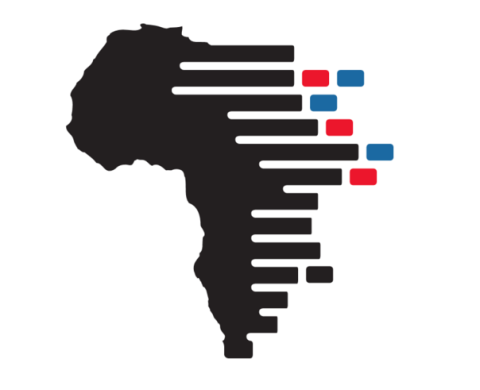
Each week as part of the Knight International Media Innovators blog, the ICFJ Knight team will round up stories focused on how their fellows are making an impact in the field. Find out more about the fellows' projects by clicking here.
impactAFRICA launches a competition for data-driven stories, Costa Rica's voters get a new app to vet candidates and more from the Knight Fellows in this week’s roundup.
Launch of impactAFRICA: the continent’s largest data-driven storytelling fund
Last week, ICFJ and Code for Africa launched impactAFRICA, a competition offering US$500,000 in support for groundbreaking data journalism and stories that tackle development issues. Led by a team of Knight Fellows, the contest focuses on six African countries: Ghana, Kenya, Nigeria, South Africa, Tanzania and Zambia. Submission deadline is April 15, 2016. Visit the impactAFRICA website for more details, including information on registering for our next webinar.
Costa Rican news outlet launches interactive app based on HacksLabs grantee Yo Quiero Saber
Voting takes minutes, if not seconds. A few marks on a ballot and you’re done. But deciding on a candidate to vote for can take months of deliberation. That’s why The Voice of Guanacaste partnered with Open Knowledge Foundation of Argentina to publish a new web-based interactive app to help voters in Costa Rica better understand candidates’ policy positions. Appropriately named "Without a Doubt at the Polls," the app allows users to answer questions to gauge how they match up with the candidates. The platform replicates Yo Quiero Saber, a hugely popular app visited by more than one million users during Argentina’s recent national elections. Yo Quiero Saber was a grantee of ICFJ Knight Fellow Mariano Blejman's data journalism incubator HacksLabs.
Why does Africa look smaller than it is on a map?
A misleading graph can easily misrepresent data, but what about a map? Code for South Africa's Adi Eyal writes in a post for Africa Check about maps that distort Africa’s size, making it seem smaller than it is. Read his blog, which uses visualizations to help tell the story. Africa Check was a winner of the 2012 African News Innovation Challenge created by ICFJ Knight Fellow Justin Arenstein.
El Meme publishes post on fact-checking advice for netizens
El Meme, the digital news and classifieds forum, has brought together a group of seasoned digital news professionals to discuss best practices to avoid being misled on the web. Check out this new post on their fact-checking tips, including recommendations on digital tools to verify text and visual content. El Meme is a grantee of ICFJ Knight Fellow Mariano Blejman's Media Factory.
Oxpeckers highlights how climate change impacts a national game reserve
Oxpeckers, a winner of Justin Arenstein’s 2012 African News Innovation Challenge and a founding member of the African Network of Centers for Investigative Reporting (ANCIR), sheds light on how climate change — specifically droughts — may be a bigger threat to rhinos than poaching at Kruger National Park. See the photos and read the story.
This post is also published on IJNet, which is produced by ICFJ.